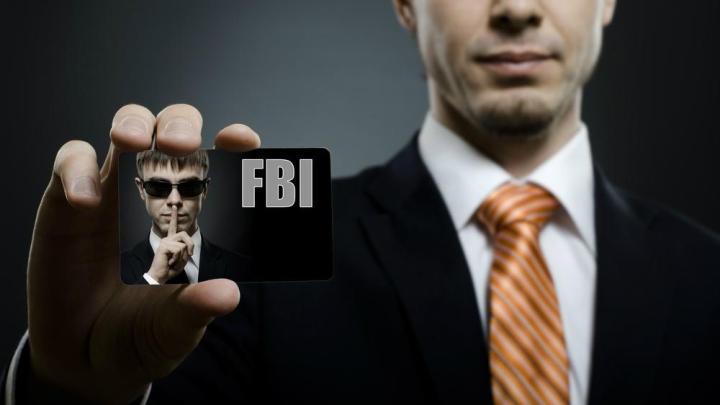
In the speech, Comey warned that, due to companies like Apple and Google using sophisticated encryption technology, the FBI cannot access information that could make the difference between solving and not solving a crime. “Unfortunately, the law hasn’t kept pace with technology, and this disconnect has created a significant public safety problem,” said Comey.
More specifically, the law Comey refers to is the 1994 Communications Assistance for Law Enforcement Act, that mandates phone companies to include an ability to begin wiretapping, so long as they are presented with a court order. The problem with the law, Comey stated, is that online services, such as Facebook and Gmail, are not bound by it. Since 2010 the FBI has pushed for an update, but to no avail, leading Comey to warn the FBI’s ability to carry out wiretap orders is “going dark.”
A related query Comey brought up had to do with companies providing end-to-end encryption as part of their communications systems. Comey believes this is an increasing trend, one that could make lawbreaking an easier endeavor.
“Those charged with protecting our people aren’t always able to access the evidence we need to prosecute crime and prevent terrorism, even with lawful authority,” said Comey. “We have the legal authority to intercept and access communications and information pursuant to court order, but we often lack the technical ability to do so.”
Comey’s comments come at a time when Apple opted to put user data behind password-protected encryption that Apple itself can’t access. Google, meanwhile, has offered device encryption for a few years, though users have to switch it on in the device’s settings. Starting with Android Lollipop, however, encryption is turned on by default.
Meanwhile, companies such as Silent Circle have centered their business models around providing top-of-the-line privacy measures, in an attempt to capitalize on the focus placed on privacy nowadays. The end results have included the Blackphone and Tor, among other products.
Comey’s comments don’t just butt heads with companies, however; they also conflict with the American Civil Liberties Union. “Federal law explicitly protects the right of companies to add encryption with no back doors,” said director of the group’s Washington legislative office Laura Murphy, in a statement sent to The New York Times. “Whether the FBI calls it a front door or a back door, any effort by the FBI to weaken encryption leaves our highly personal information and our business information vulnerable to hacking by foreign governments and criminals.”
Silicon Valley executives, such as Facebook general counsel Colin Stretch and Google executive chairman Eric Schmidt, believe that encryption is no longer simply an option: it is a necessity. Without encryption, there could be severe ramifications for the technology industry as a whole.
Editors' Recommendations
- iOS 18 could make my iPhone look like Android, and I hate it
- You won’t believe how I improved my phone’s battery life
- I really hope the iPhone 16 doesn’t look like this
- I put the iPhone’s Dynamic Island on my Pixel 7 Pro — and I can’t go back
- I really hope the iPhone 16 Pro Max doesn’t look like this


